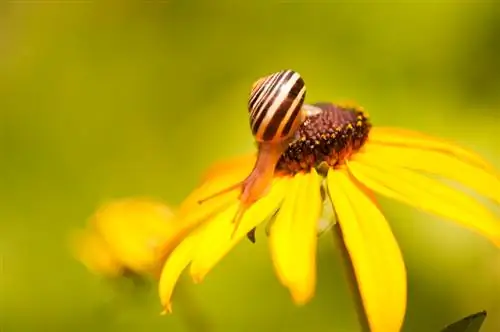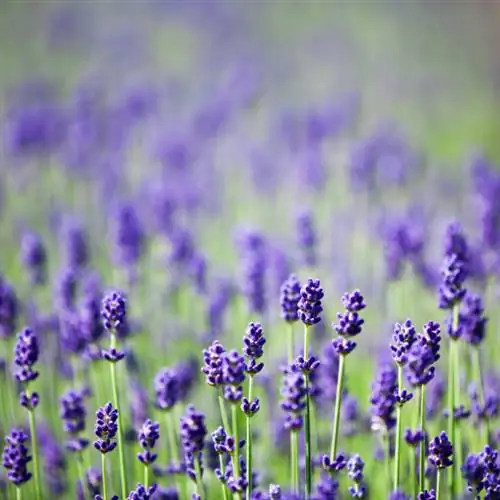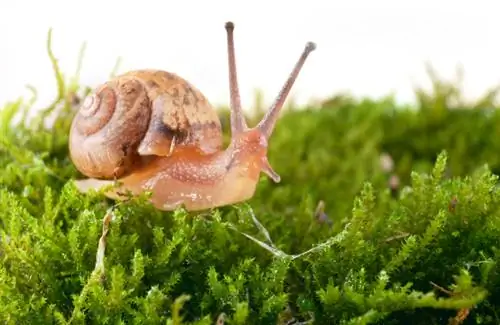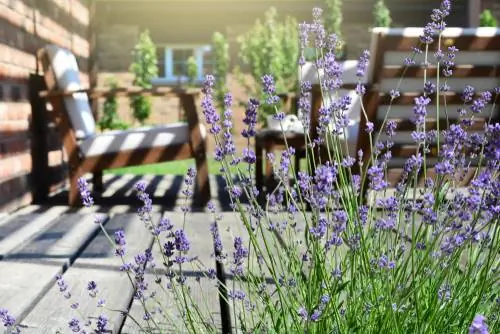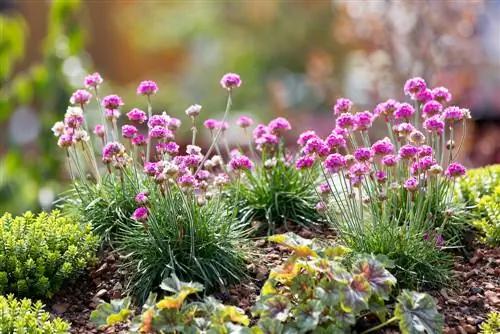- Author admin leonars@hobbygardeners.com.
- Public 2023-12-16 16:46.
- Last modified 2025-01-23 11:20.
Snails seem to be gourmets. They like salad and vegetables, but also many decorative flowers and perennials. In some gardens they are a real nuisance as they eat everything - everything except coneflowers!
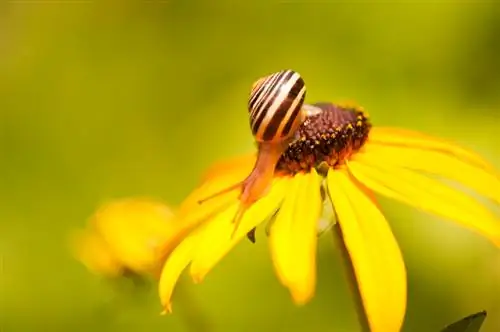
How does coneflower protect against snails?
Coneflower (Echinacea or Rudbeckia) is a natural snail repellent as snails avoid this plant. To deter slugs in your garden, plant coneflowers around vegetable beds and provide sunny, warm locations, adequate watering and regular fertilization.
Coneflower as protection against snails
The most beautiful plants are of no use in your garden if they also find other lovers who attack them and eat them. Unfortunately, it is not that rare for voles to eat the roots or snails to eat the leaves of pretty perennials. You don't always want to use chemical protection, especially when small children or pets are running around in the garden.
However, there is one herb that has grown against snails, namely coneflower. The hungry animals avoid it so much that they even spare the neighboring plants. If you plant Echinacea or Rudbeckia around your vegetable patch, you will be able to eat your own vegetables again in the future. To do this, you should take the best possible care of your sun hat.
What does Echinacea need?
The location of your sun hat should be as sheltered from the wind as possible and also sunny and warm. During the flowering period, water your coneflower daily; it will thank you with particularly lush flowers. But the Echinacea also survives a dry period quite well, for example during your vacation.
In spring and autumn, treat your perennials to a portion of organic fertilizer. Well-rotted compost (€41.00 on Amazon) or horn shavings are recommended. You can help potted plants bloom about every four to six weeks with a little liquid fertilizer. Because the nutrients in the potting soil in the planters are often not enough for the entire season.
Coneflower in winter
Coneflower is hardy. He does not need any special care during this time. If you plan your vegetable patch in a different location next year, then replant the perennials in fall or spring. You can easily overwinter potted plants in a cool greenhouse.
The most important things in brief:
- Avoid snails and echinacea
- Coneflower can be used as a natural snail protection
- plant sunny and warm
- water enough
- fertilize regularly
Tips & Tricks
Coneflower is ideal as a natural protection against snails in the vegetable patch and for gardens where small children or pets play.

